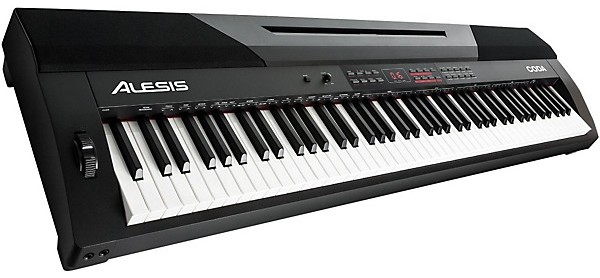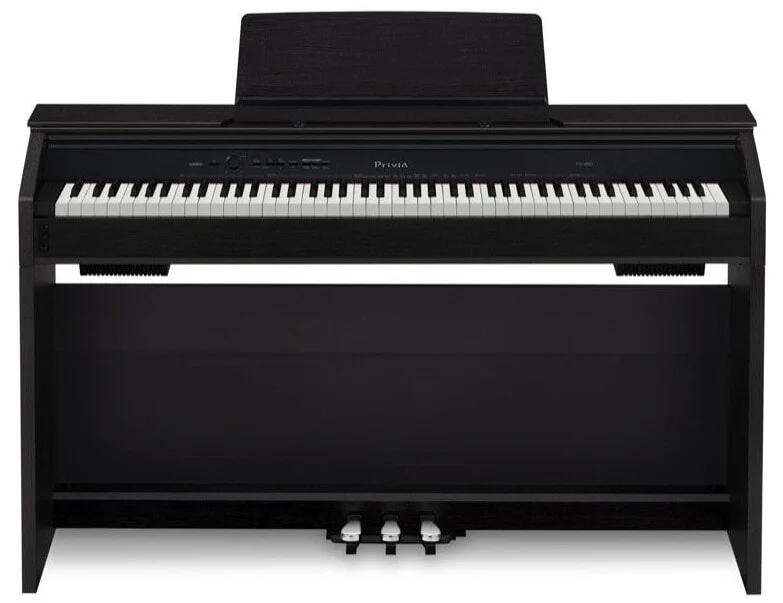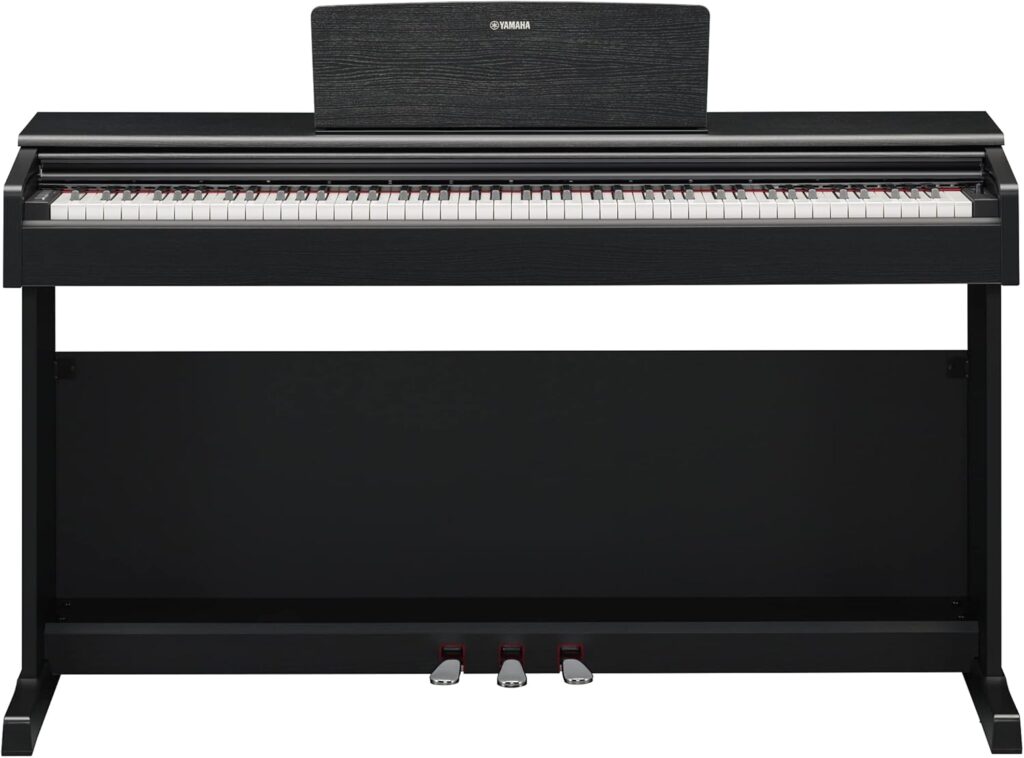Understand the Core Differences in Key Action
When choosing a keyboard or digital piano, one of the first decisions you’ll face is whether to go with weighted keys vs semi-weighted. This choice can greatly affect how your instrument feels, how you play, and how fast you build technique. In this guide, we’ll explore the pros and cons of weighted keys vs semi-weighted action so you can make the right decision based on your skill level and musical goals.
What Do “Weighted” and “Semi-Weighted” Really Mean?
Both terms refer to how a keyboard simulates the resistance of an acoustic piano.
- Weighted keys use mechanical or digital systems to replicate the heavier feel of traditional piano keys—often with graded hammer action.
- Semi-weighted keys add some resistance using springs and lighter weights but don’t match the realism of a fully weighted setup.
Why Key Feel Matters
Your fingers interact with the keys every single time you play. The action affects your control, accuracy, comfort, and how quickly you develop technique. If it feels wrong, everything feels harder.
How Weighted Keys Feel to Play
Piano-Like Resistance and Control
Weighted keys feel firm and deliberate—like pressing down a key on a grand piano. The lower register tends to feel heavier than the higher register, which mimics the real thing and helps develop finger strength.
Ideal For:
- Classical and jazz practice
- Players transitioning from or to acoustic pianos
- Long-term technique development
What It Feels Like in the Hands
You’ll feel more pressure with each key press, but it becomes satisfying. It trains you to play with intention, dynamics, and posture.
How Semi-Weighted Keys Feel to Play
Light, Responsive, and Springy
Semi-weighted keys offer more feedback than cheap synth-action models, but they’re still light. The bounce-back is quicker, which feels great for certain styles—just not always piano purists.
Ideal For:
- Beginners still building confidence
- Pop, electronic, or synth-focused playing
- Players who prioritize ease of use over realism
What It Feels Like in the Hands
Easier to press, less physically demanding. Great for playing fast melodies or layering synths—but may lack the nuanced control for expressive piano work.
Side-by-Side Feel Test Comparison
Touch Sensitivity
Both weighted and semi-weighted keys offer velocity sensitivity. However, weighted keys give better dynamic range and control over loud and soft playing.
Finger Fatigue
- Weighted keys can feel tiring at first—especially for younger players—but build strength over time.
- Semi-weighted keys are easier on the fingers initially but may promote sloppy habits without discipline.
Speed and Repetition
Semi-weighted keys return faster, making them ideal for fast synth lines. Weighted keys are a bit slower but more expressive.
What to Try When Testing Keyboards In-Person
Play Something Soft and Then Loud
See how much dynamic range the keys give you. Can you hear the difference when you play lightly versus firmly?
Try Scales and Chords at Different Speeds
How do the keys bounce back? Do your fingers feel in control or overworked? Can you play evenly and smoothly?
Check for Unevenness Across the Board
Do the low notes feel heavier? That’s a sign of graded hammer action—a plus if you want a real piano feel.
Which One Is Right for You?
Choose Weighted Keys If You:
- Want to transition to or from an acoustic piano
- Are learning classical or expressive styles
- Don’t mind a little extra physical effort for better control
Choose Semi-Weighted Keys If You:
- Want something easier to play right away
- Are more into electronic, pop, or casual playing
- Need something lightweight and budget-friendly
Conclusion: Let Your Hands Decide
The best way to choose between weighted and semi-weighted keys? Try them. Play simple scales, chords, and dynamic phrases. Your hands will tell you which feels right. If you’re aiming to play expressive music or develop strong technique, go weighted. If you want versatility and ease, semi-weighted could be your match.
FAQs
1. Are weighted keys better for learning piano?
Yes. Weighted keys better simulate acoustic piano feel, making them ideal for serious learning and finger development.
2. Can beginners use semi-weighted keys?
Absolutely. Semi-weighted keys are great for starting out—just be mindful of finger control as you progress.
3. Do both types support velocity sensitivity?
Most modern weighted and semi-weighted keyboards do support velocity-sensitive keys, allowing for dynamic expression.
4. Are weighted keys harder to play?
They can be at first, especially for younger players or those with smaller hands. But they offer better long-term training.
5. Should I upgrade from semi-weighted to weighted later?
If you get serious about piano, yes. Transitioning to weighted keys will help refine your dynamics and playing control.



